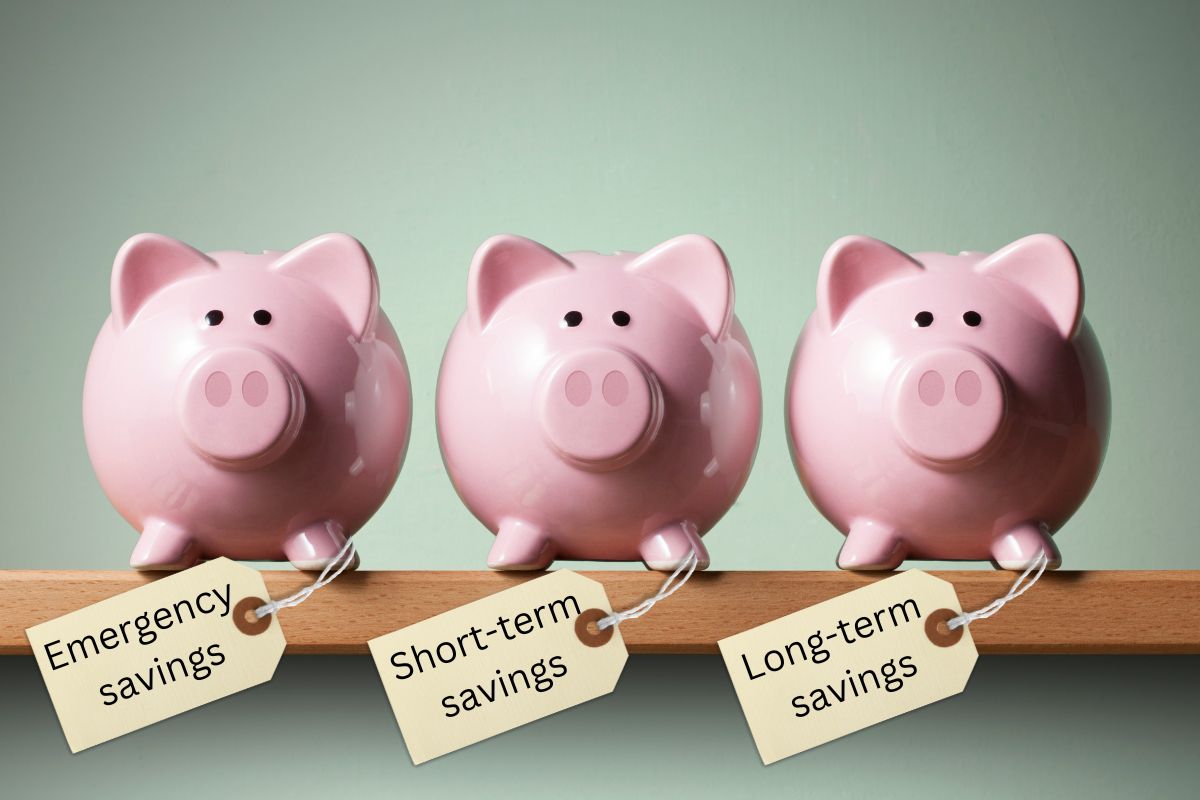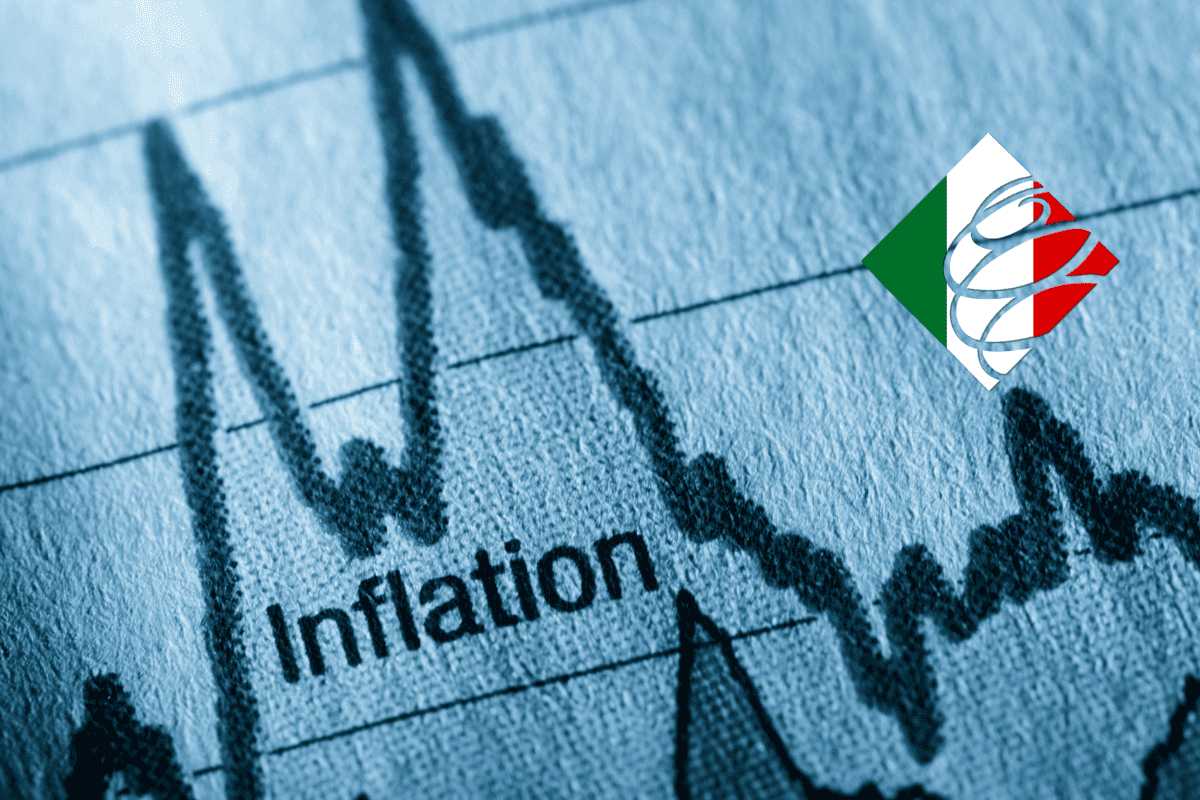I wrote this article because during this Easter period we decided to stay in and around Rome. We took a number of long bike rides around the city and along the Tiber and I could not help but notice the spring green of Rome, once again.
Tales of an olive tree
By Gareth Horsfall
This article is published on: 17th April 2023
It’s an amazing sight and one that I feel grateful for. It also reminded me that whilst the investment markets are still recovering slowly and tentatively from last year’s sell off due to the Ukraine/Russia war, they are cyclical by nature and whilst, as humans, we will always tend to run from one crisis to another, there will inevitably be times of abundance and plenty.
My experience of olive trees through my clients
You may have olives’ trees that you tend to in your garden or land, in Italy. I know that many of my clients do, and take great satisfaction in looking after them year in year out to harvest the precious oil that comes from them but, listening to the tales over the years, I can make many comparisons with investment markets.
The ‘Ulivo’ goes through the seasons of the years but never appears to bear fruit in a linear way. In fact, many of you tell me that some years the ‘Ulivo’ may not produce any fruit, other years it is plagued by the ‘moscerino’ (little fly), other years there isn’t enough frost or too little frost and some years you get a double harvest. In other years your friend with the neighbouring field, facing a different direction, has a bountiful year, whilst you have none. None of it seems to make any sense. All variable factors under which you have no control but you accept as part of your nurture for the ‘Ulivo’.
It seems that like every living breathing organism, the ‘Ulivo’ will provide what is needed, but not necessarily in the way you would always want it to. A defined amount of litres of oil each year, just enough to feed my family and friends would be fine. No such luck!
It is easy to forget that the component parts of investment markets are in fact living breathing human beings. Every company, government or supranational is run by people who are subject to folly, excess, corruption, huge advances forward, amazing decisions which benefit everyone, building and growing enterprises and generally trying to find a healthy balance.
Just like the ‘Ulivo’ the investment markets go through their cycles of life according to many variable factors of which we have no control. Flowers blooming (markets rising), leaves falling (market falls), harsh winds (the volatility), buds sprouting (opportunities presenting themselves) and then the cycle repeats itself. Your portfolio goes through its own cycles of life.
I have seen in the past that people new to Italy, and the ‘Ulivo’, have talked of uprooting an old tree (with those amazing architecturally contorted trunks) because it’s old and no longer bears fruit, only to be told by someone with more experience that it just needs to be trimmed in the right way, at the right time of year and creating that hollow space in the middle of the tree so the light can shine through (the equivalent of a review of your portfolio) only for the tree to once again bear fruit when the conditions are favourable for it to do so. This is not to say that dead or dying plants should not be replaced. If they have served their purpose and need to be replaced with a younger healthier variant then so be it.
There are so many similarities between our investment portfolios. The timescales and the variables may differ (wars or winter / inflation or summer) but the ebb and flow, the rises and falls and the seasonal changes are ever present.
The coming years may be lean years, or could provide us with way more then we could ever want or need. Ours is not to know, nor have any control over the variables, but only to do the best we can to make sure that we look after what we have.
If you find it difficult to stick with your investment strategies and would like to get busy trying to chase market returns (I include myself in this group, but am trained enough to know that it doesn’t generate higher returns), the research shows that it has no better effect than generating higher transaction costs and other fees associated with switching investments frequently. The only thing you can be assured of is lower investment returns as a result.
Patience is key! Live the seasons and wait
for abundance to once again raise its bountiful head.

Let’s talk cash!
OK, now that I have my hippie moment out of the way, we can get back to talking about financial things again. So, let’s talk about cash that you might have sitting around and finding a better home for it.
Unfortunately, as many of you find out, once you leave your home country and become resident in Italy, you are almost instantly excluded from taking out new financial products in your home country and instead need to look at what other offerings are available to you here. This means often looking at what Italian or EU based banks can offer, and principally in EUR.
A number of people have mentioned to me recently about the savings rates available in the UK, nearing 5% in some cases and wondering whether they can achieve anything similar in Italy or the EU. The answer is that there seems to be very few, and where they are available the interest rate varies between 2.5% and 3% gross max for 1 year deposits, rising as much as 4.5% if you are willing to lock your funds up for 3 years. In addition, you have to look out for accounts which are ‘vincolati’ i.e. they have terms and conditions attached. These may be as simple as locking you in for a specific term (fixed deposit) or requiring you to open a current account and transfer your basic banking to them as well. In true form things are made a little more complicated than somewhere like the UK.
Italians, of course, are akin to also looking at their home country government bonds which are currently paying around 3% interest gross at the moment. having dropped from about 3.38% gross around the beginning of March.
One advantage of investing in government debt directly is that it offers an attractive tax rate at 12.5% rather than the 26% for other financial instruments. Placing cash monies into short term Italian or EU government debt, if you are seeking better EUR returns on your cash, might be a useful alternative to seeking out a higher paying deposit account. (Bear in mind that if you want your capital back at the end of the bond period then you need to wait until bond term matures. Selling early could mean a capital loss). Of course, if you are seeking better returns in other currencies then you can buy government debt in that country instead. Government debt, wherever it is purchased still attracts the 12.5% tax rate on interest in Italy.
If you are simply looking for a deposit account then you could do no better than compare rates on facile.it or confrontaconti.it
The only way to purchase government bonds is through an exchange mechanism such as an investment platform. In Italy, investment and banking are highly institutionalised so speaking with your bank might be the best way to approach it if you are new to this kind of investment. Otherwise, a quick online check with throw up some other solutions.

Inflation considerations
Whilst these rates offer considerably more than the last decade it is indicative of the bigger and more aggressive trend upwards: inflation.
For perspective, the USA and UK are experiencing inflation ( measured by the Consumer Prices Index) at around 9% and 10% respectively. Italy is currently on 7.7% inflation year on year.
So, regardless of how much you might make on a deposit it is always going to be well below the rate at which the spending power of your savings is being eroded year on year. You may know my thoughts on the matter already, as I have mentioned it in previous E-zines, but I think inflation is here to stay, and I am deeply suspicious of the opinions that it will fall back to 2 or 4% within a year or so. There is so much debt in western economies and the only way to rid ourselves of it, and bring back economic stability to the west is to inflate it away. That could mean more medium term pain.
In summary
If you have cash lying around in deposit accounts, cash which you may need for an emergency or just need to live on, then seek out better interest paying accounts. A good strategy is to keep approx. 6 months cash on hand and then stagger your further 6 months cash needs in 6 month deposits, 12 month,18 month etc. In this way every 6 months you have a maturing deposit when your cash starts to run out. If you don’t need the cash then you just roll it over into another longer term deposit.
But whatever you do, don’t keep all your life savings in cash hoping that a higher interest rate will protect you from rising prices. It won’t!


